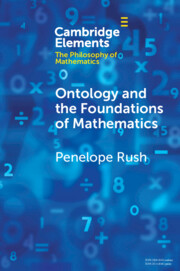This article considers the relationship between moral philosophy and constitutional theory through a detailed examination of the work of Jeremy Waldron—an unavoidable voice in contemporary constitutionalist debate. Through a rigorous, original and holistic deconstruction of his work and its philosophical implications, I argue that Waldron’s engagement with core philosophy within his constitutional scholarship is wholly problematic, containing a number of ambiguities and apparent inconsistencies. These issues, I suggest, may stem from an at times rather casual treatment of the realist/anti-realist issue of core philosophy, perhaps owing something to his view that it is in fact safely irrelevant to his constitutional pursuits. In any case, this view, I argue, is misguided, and the problems which result are real: they not only create issues of theoretical consistency and clarity; they put Waldron’s constitutional theory in danger. Like all good tales, I suggest there are lessons to be learned from this: one must think, and think carefully, about the philosophical background of one’s work, and take care in setting this out in a clear, thorough and coherent way—the stakes are too high not to. With this in mind, this article also lays some groundwork for a path into constitutional theory firmly grounded in my own anti-realist moral scepticism.
